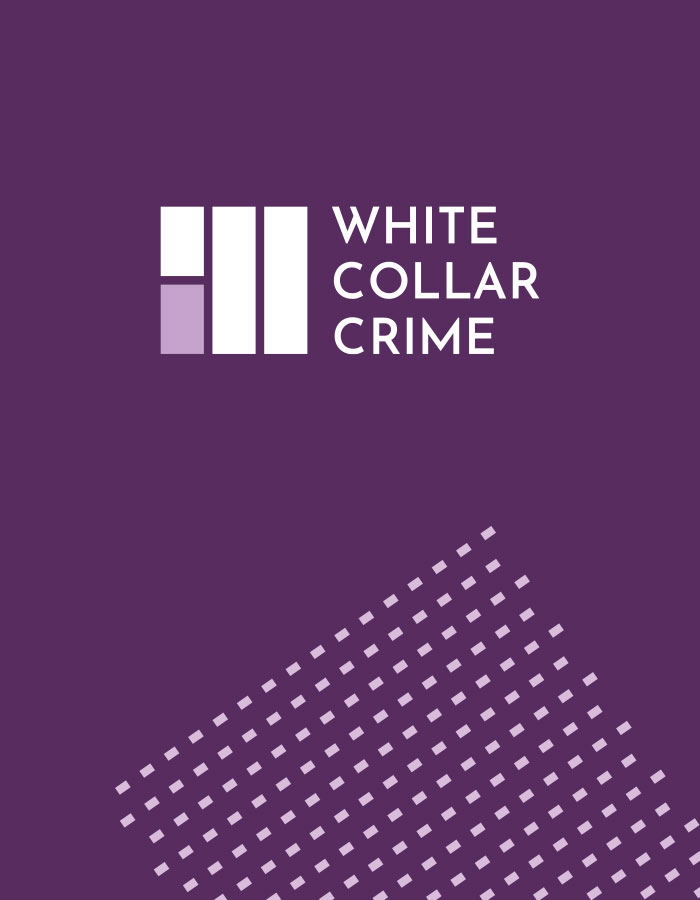The fight against online VAT fraud has come into sharper focus during the pandemic, as consumers have increasingly shifted their custom online. In a timely move, new VAT rules place online marketplaces (“OMPs”) on the frontline in guarding against fraud. However, the approach may prove counter-productive.
What do the new rules capture?
From 11pm on 31 December 2020, if an OMP facilitates (i) the supply of an overseas consignment valued at £135 or less, or (ii) the supply of goods in the UK sold by an overseas seller, then for VAT purposes there is a deemed supply to the OMP. The OMP becomes the deemed supplier and is liable for VAT at the point of sale.
There are, of course, certain exceptions, including excise goods, as well as transactions where the customer is registered to VAT in the UK and provides their registration details. Consignments from Jersey and Guernsey covered by the Import VAT Accounting Scheme are also excluded, and there are specific rules for Northern Ireland.
The definition of an OMP is wide, covering any “website, or any other means by which information is made available over the internet, which facilitates the sale of goods through the website or other means by persons other than the operator (whether or not the operator also sells goods through the marketplace)”. The new measures will therefore affect more than the ‘big players’ like eBay and Amazon.
What will their impact be?
The stated purpose of the new rules was to tackle distortion in the post-Brexit market — to place overseas and UK sellers on a level playing field. However, in effect the rules remove many overseas sellers from the Revenue’s direct view — in many circumstances, the OMP will become the deemed supplier and thus liable to account to HMRC instead of the overseas seller. This places OMPs in the trenches, requiring them to identify fraudulent behaviour.
The new measures could give rise to three key side-effects.
- First, they may disrupt the business procedures of many OMPs. Whilst OMPs will not be liable for any VAT due in excess of the amount paid by the customer, this is only to the extent they have taken ‘reasonable steps’ to ascertain the place of establishment of the seller, the location of the goods at the point of supply, and the amount charged. Creating and implementing policies and procedures which amount to ‘reasonable steps’ may be costly and disruptive for many OMPs.
- Secondly, there is a risk OMPs will become less willing to share information with the authorities. In 2018, seven OMPs signed an agreement to co-operate with HMRC and promote VAT compliance. Subsequently, 4,600 sellers were ‘red-flagged’ by HMRC. However, the risk of penalties for OMPs’ own failures under the new rules may make them less forthcoming. This concern is heightened by the large penalties issued by the Revenue for regulatory failures. This January, it issued its largest ever fine — £23.8m — against a money service business which had failed in its anti-money laundering obligations, notwithstanding that no laundering resulted from those failings.
- Thirdly, such measures could, ironically, conceal VAT fraud. In shifting VAT compliance to OMPs (obliging them to determine who is liable for VAT, and in certain circumstances to account for VAT itself), HMRC has inserted a buffer between itself and overseas sellers. It has, in effect, delegated its frontline investigative and watchdog role. Whilst this may save funds, and it will undoubtedly force most OMPs to pay closer attention to their policies and procedures, this may not suffice. HMRC’s powers, expertise, and access to data to cross-check information provided by overseas sellers, make it better placed to spot fraud. In relying too heavily on OMPs, more fraud may go unnoticed.
…
Rachel Clark is a barrister at Bright Line Law specialising in tax investigations (both evasion and avoidance) and financial crime.







